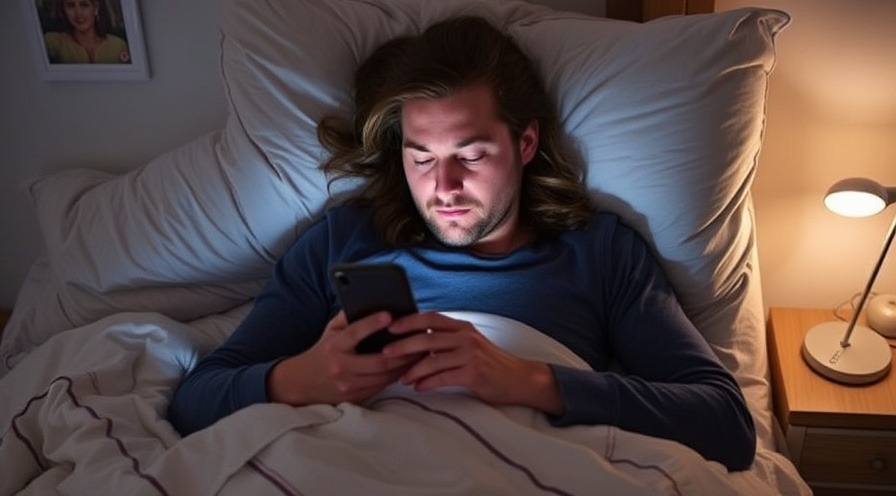
Blue Light vs. Bedtime: Outsmart Your Phone and Finally Sleep Like a Human Again
Practical hacks to curb screen-induced insomnia—because counting sheep is so last century.
The Glow That Stole Your Sleep
You’re lying in bed, promising yourself “just five more minutes” on TikTok—and suddenly it’s 2 a.m. If your sleep quality has nosedived since your screen time skyrocketed, you're not imagining it. Your phone’s glow isn’t just keeping you entertained—it’s biologically keeping you awake.
That blue light blasting from your device? It’s got beef with your melatonin.
The Science: Blue Light and Your Brain's Bedtime Signals
Blue light is part of the visible light spectrum and is naturally emitted by the sun. It's energizing and signals your brain that it's time to be alert. Unfortunately, LED screens—phones, tablets, TVs, and laptops—emit a ton of it, especially during peak doomscrolling hours.
Dr. Charles Czeisler, a sleep expert at Harvard Medical School, found that exposure to light suppresses melatonin, the hormone that regulates sleep. In his research, even low-level blue light exposure before bed delayed sleep onset and disrupted circadian rhythms.¹
Another 2017 study published in Sleep Health confirmed the same: People who used devices before bed reported lower sleep quality, more fatigue, and difficulty falling asleep.²
So yes, your phone may be fun—but it's also a tiny insomniac gremlin in disguise.
Your Battle Plan: 6 Blue-Light-Busting Bedtime Hacks
1. Go Full Vampire Mode—One Hour Before Bed
Power down all screens at least 60 minutes before bedtime. Use this time for a “wind-down ritual” like reading a physical book, stretching, or writing in a journal. Bonus: zero drama and no group chat chaos.
2. Use Night Mode or Blue Light Filters
If total screen abstinence feels like a breakup, ease into it. Turn on your device’s Night Shift (Apple) or Night Mode (Android) setting. It warms the screen light, reducing blue light intensity.
Or try apps like f.lux for desktops—it adjusts your screen’s color temperature to match your natural circadian rhythm.
3. Try Blue-Light Blocking Glasses
Dr. Mariana Figueiro of the Lighting Research Center notes that blue-light blocking lenses can significantly reduce light-induced melatonin suppression.³
Get yourself a pair of stylish orange-tinted lenses—science says they work, and you'll look like a cyberpunk sleep warrior.
4. Bring Back Dim, Warm Lighting
Swap harsh LEDs for soft, warm bedside lamps. Try dimmable, amber bulbs or even Himalayan salt lamps. Bonus: mood lighting for both romance and REM cycles.
5. Consider a Melatonin Reset
If your sleep’s been on the fritz for a while, consult your doctor about short-term melatonin supplements. They can help reset your internal clock. Don’t DIY this—consult a sleep professional for dosage and timing.
6. Track Your Sleep to Hack It
Apps like Sleep Cycle or Whoop can help you understand how tech habits affect your Zzz’s. Data doesn't lie—and it might shame you (just a little) into better behavior.
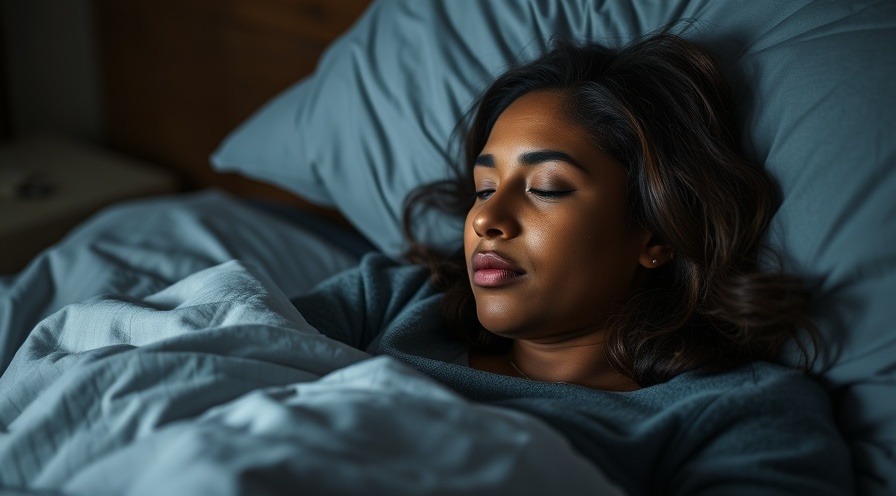
Why It Matters: The Long-Term Cost of Digital Insomnia
Consistent sleep deprivation isn’t just annoying—it’s hazardous. Chronic poor sleep is linked to:
Weakened immune function
Increased risk of heart disease and diabetes
Anxiety and depression
Memory issues and brain fog
Dr. Matthew Walker, author of Why We Sleep, states: “Sleep is the single most effective thing we can do to reset our brain and body health each day.”⁴
You wouldn't sabotage your diet or workouts every day—why do it to your sleep?
The Bottom Line
Blue light may be invisible, but its impact on your sleep is anything but. If you're tired of being tired, it’s time to set boundaries with your screen. Start small, stay consistent, and watch your sleep improve faster than you can say “just one more scroll.”
TL;DR
Blue light from your phone may be the reason you're wired at midnight. Learn science-backed ways to beat screen-induced sleep sabotage and actually get restorative rest.
Sources Cited:
¹ Czeisler, C. (Harvard Medical School). Effects of light on the circadian system and sleep.
² Sleep Health Journal, 2017. Screen time and its impact on sleep in adults.
³ Figueiro, M. (Lighting Research Center). Light at night and circadian disruption.
⁴ Walker, M. (2017). Why We Sleep: Unlocking the Power of Sleep and Dreams.
 Add Row
Add Row  Add
Add 

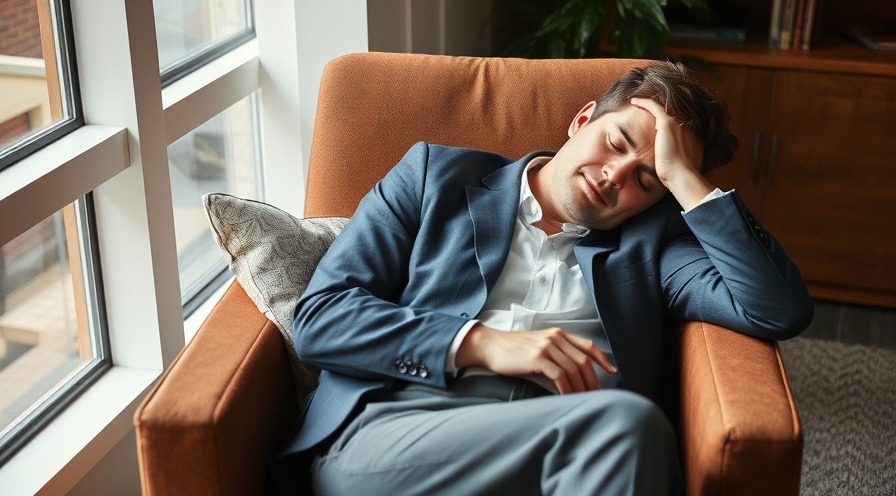
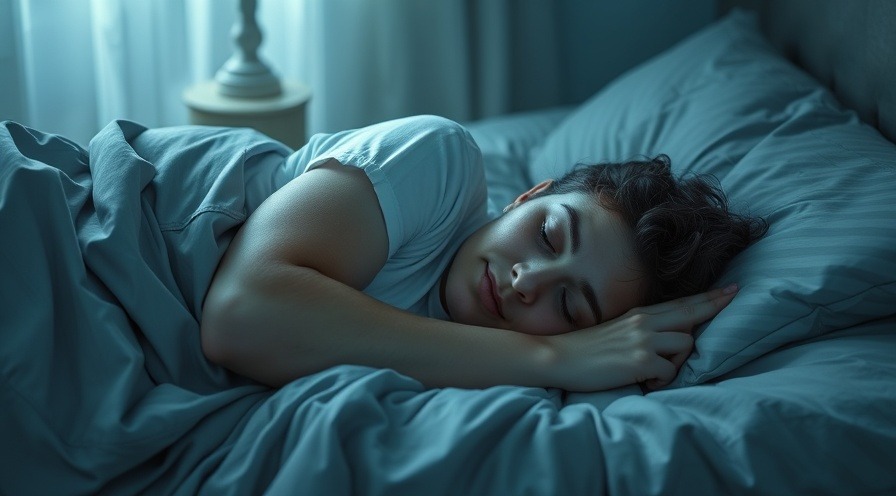
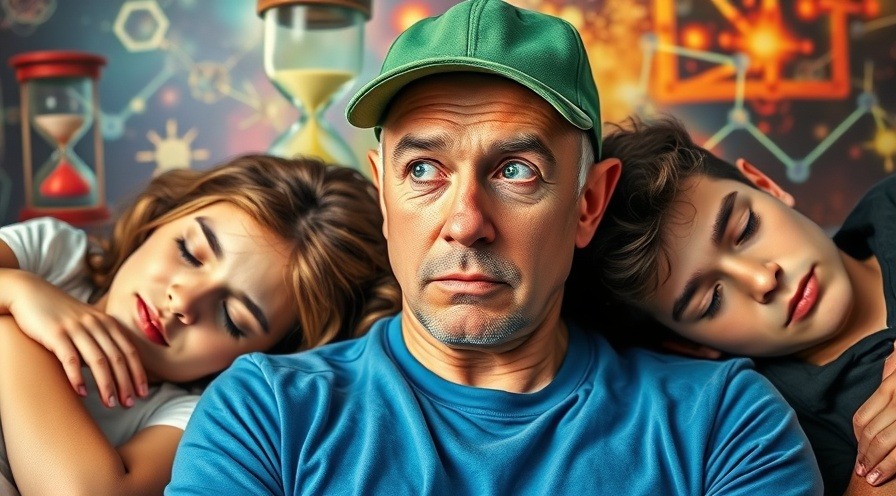
Write A Comment